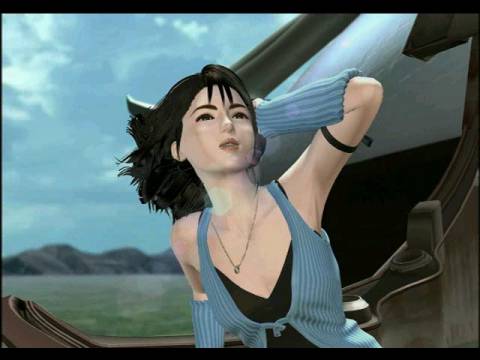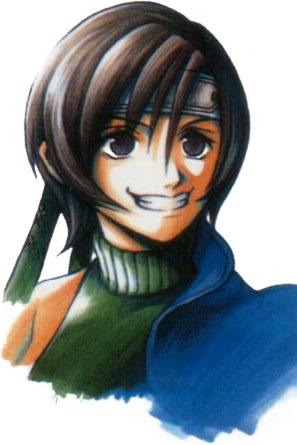The Issue with Writing about Games- Part 2
By thatpinguino 15 Comments
For the past few months I have been attempting to write critical and mostly formal essays about games, hopefully to some success. I have been treating games as any other medium and I have tried to analyze them as I would any other work. However, the more essays I write and the more I attempt to use standard writing practices like quotations and citations, the more I have bumped into a number of problems that I feel must be addressed before writing about games can become more widespread. In each issue of this blog I will address one of the problems I think could arise and then offer some possible solutions.
Here is Part 1.
Side Quests
When writing about other forms of media there is no such thing as optional content. There is just the book or the movie, it begins at the beginning and ends at the end, there are no detours. There may be an epilogue here and a preface there with a few glossaries sprinkled in, but these mediums are largely linear experiences. Every portion of the work is considered of equal value and no one can claim to have finished a book or a movie and yet miss an entire scene or chapter. Yet, in games there can be hours of content, hundreds of scenes, and tens of chapters that are completely optional. This optional content creates a host of problems for critical writing. Here are a few such problems that I foresee. What is that? Why yes, it is list time.

1. Is optional content as significant as regular content?- This seems like an obvious yes, if a scene is in the game then it is as analytically significant as any other section of the game. However, consider this example: in Final Fantasy VIII there is a section after the garden gains the ability to move where Squall can go on a date with Rinoa. This calm character building moment, where Squall gives Rinoa a guided tour of the garden, allows the player to see some of the slow growth of Squall and Rinoa’s relationship. The tour culminates in a full cg cut-scene of Rinoa gazing out over the new deck of the garden, complete with a flock of doves to romanticize the moment. It seems like a perfectly charming date, and after it Squall and Rinoa seem to have found some chemistry. The only problem with this touching bit of character development is that it is completely optional. If Rinoa is not in Squall’s party when the garden gains the ability to move, this scene is completely skipped. The game of course trudges on with their relationship anyway, they will fall in love because they must, but can someone writing about Final Fantasy VIII really cite that scene as an example of the natural growth of love between Squall and Rinoa when it is completely optional? Does the optional nature of the scene actually undermine their relationship and expose it as a bit of Deus ex machina? There may be no standard way of dealing with this problem, and in this case I think there is an argument to be made both ways. One must be cautious when dealing with optional content because the mere fact that is skippable may devalue it considerably.

2. When did that happen?- When in the game’s time line do optional quests occur? If I recruit Yuffie in Final Fantasy VII as early as possible does that mean that I should analyze the game as if Yuffie is there the whole time? What about if I recruit her just before the final dungeon? The difference between a character who has been on a long journey with the main party, culminating in a final confrontation with Sephiroth in the center of the Earth, and a character who suddenly volunteers to venture into the center of the Earth with a bunch of strangers is pretty significant, but Yuffie can be either character depending on when she is recruited. Thus, should optional content be subjectively analyzed? I think it could be quite interesting if this were allowed for analytical essays, as two completely different and completely valid essays could be composed based on the sequence of events that each writer experienced. Another answer is to treat side-quests as side-quests and remove them from the chronology of the main story entirely for the purposes of analysis. This would mean that each side quest has an independently contained chronology which does not affect anything outside of the side-quest. Thus, character development and story progression which occurs in a side quest is contained within the side quest and cannot influence other moments. This may be the safer method, as no additional subjectivity is added to the writing (though non-linear games are going to throw a wrench into this, but that is a matter for another blog post). Treating optional content as an independent of the main game also does not work for games that actually tie the side quests in with the main story in meaningful ways.
3. Are optional characters as significant as regular characters?- Take the Yuffie example from earlier, should her input on story events be as relevant for analysis as the characters that have to be in the story? Does the fact that she could be absent from scenes make her input invalid for analysis? I am of the opinion that if a quote is possible to find, then it is fair game for analysis; however, the argument could be made that if a character’s input was really critical to the game’s story, then the character would have been made non-optional.

15 Comments